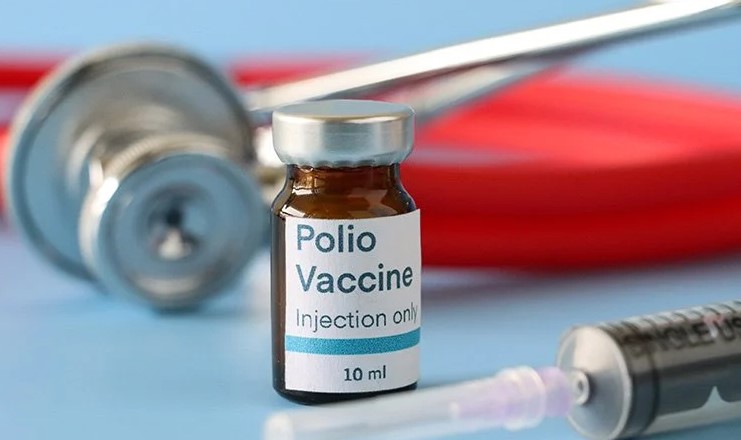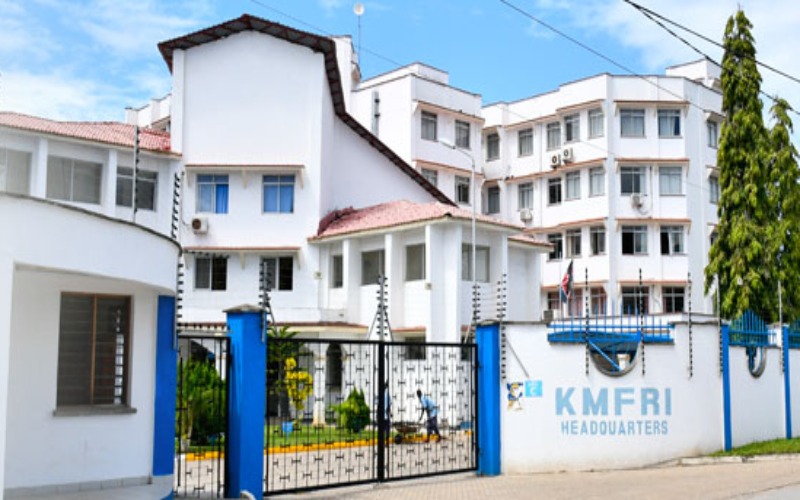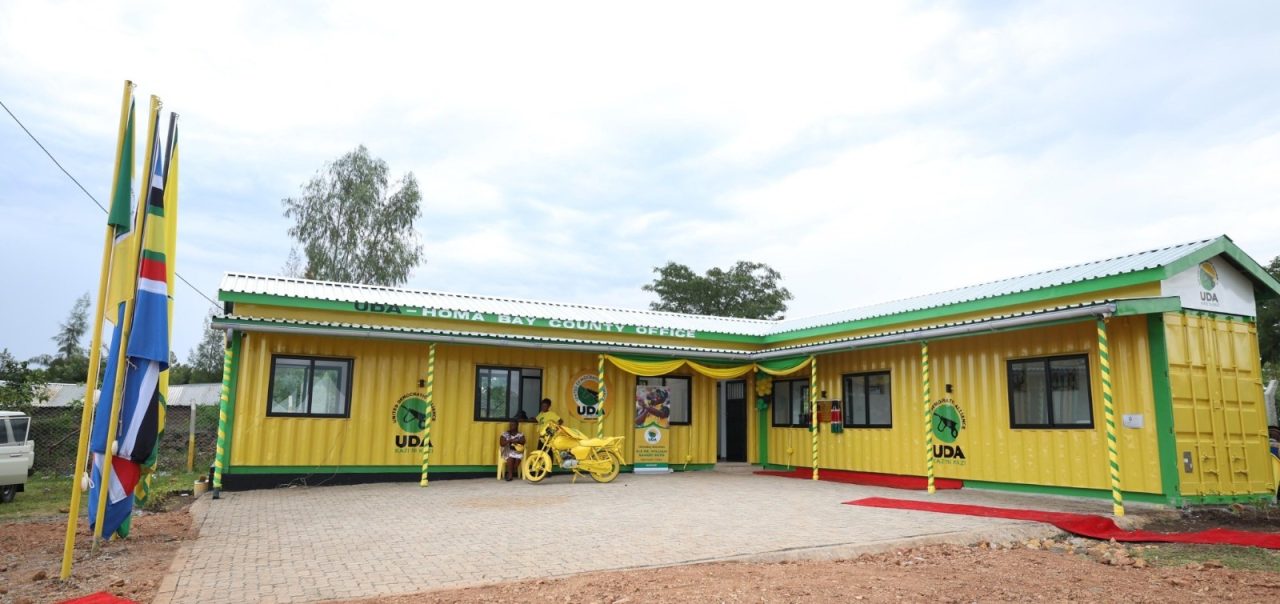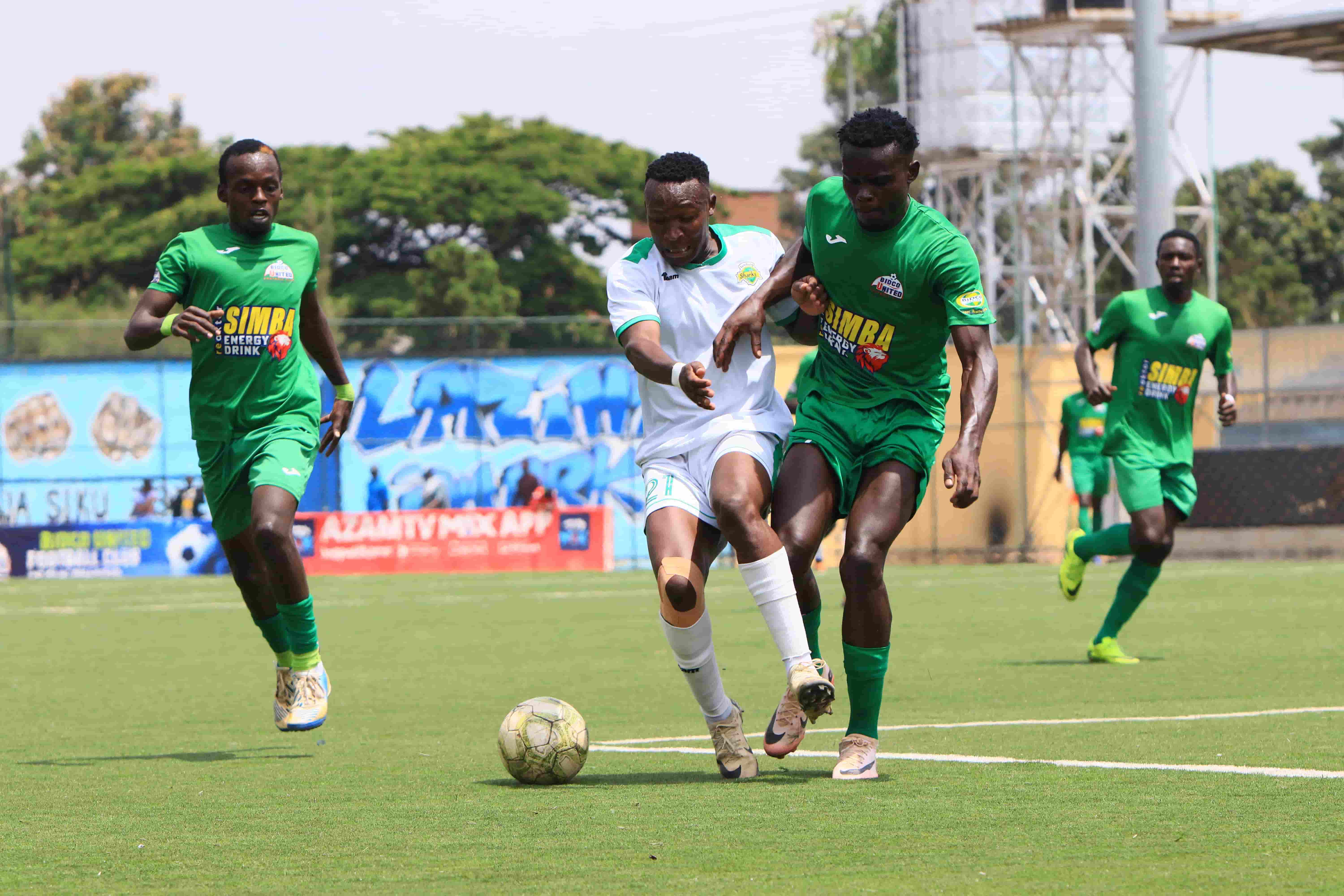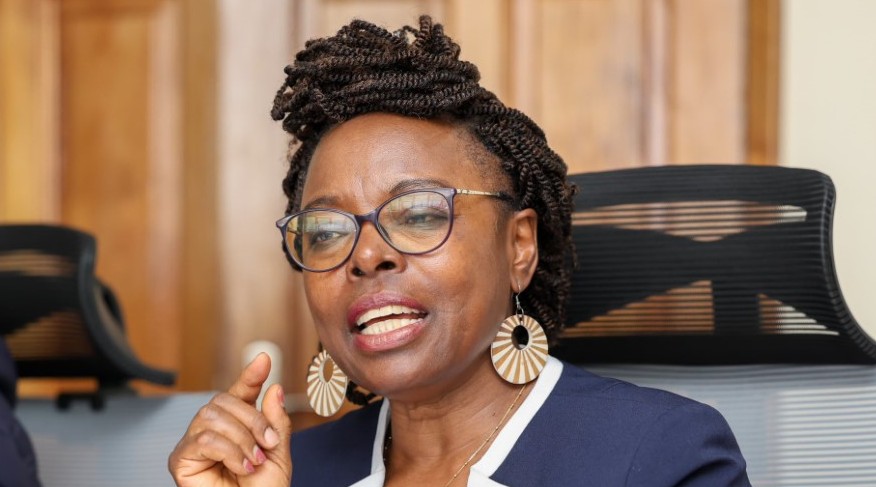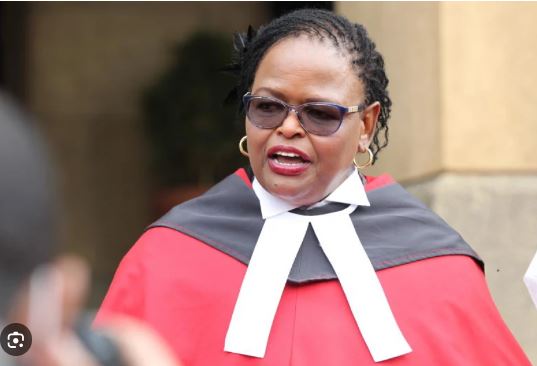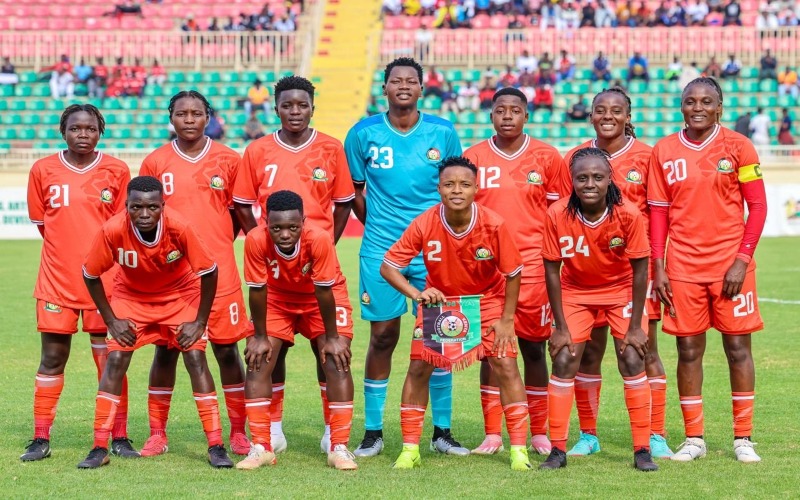Mozambique’s opposition leader calls for nationwide strike amid election dispute
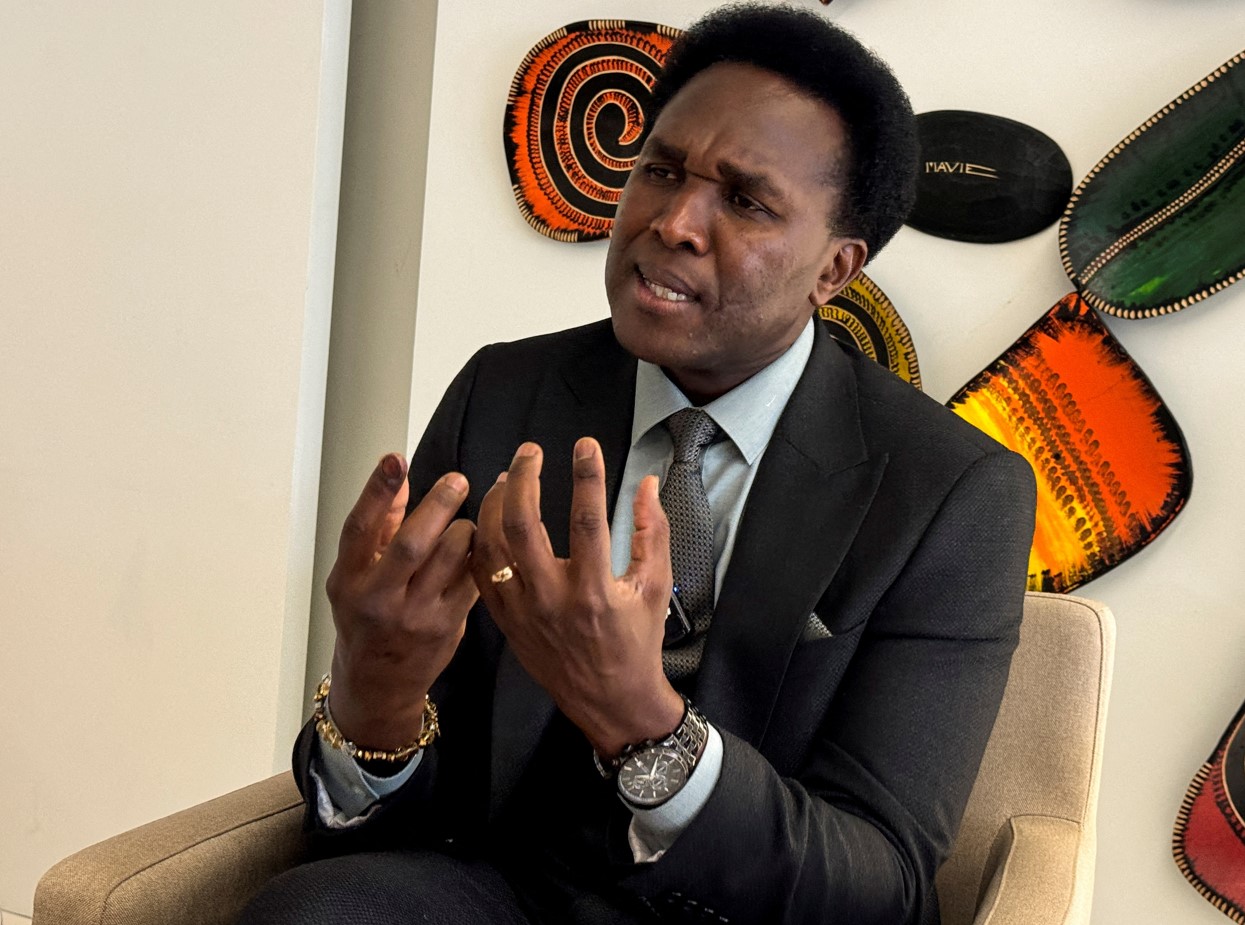
The ensuing unrest has led to discussions about a potential coalition government, a move supported by advocacy groups.
Tension in Mozambique has escalated after opposition leader Venancio Mondlane, who recently disappeared, called for a week-long strike, starting from October 31, to protest the recent presidential election results.
The controversial October 9 vote saw the ruling Frelimo Party, in power for 49 years, secure victory once again — a result that opposition parties and international observers have criticised for alleged irregularities.
More To Read
- Kenyan High Commission in Maputo warns nationals over visa breaches in Mozambique
- Rwanda extends military mandate in Mozambique's troubled north
- Africa’s push for HIV independence advances with first procurement of locally made medicines
- Violence in Mozambique’s Cabo Delgado cripples access to healthcare, MSF warns
- Samora Machel’s vision for Mozambique didn’t survive: What has taken its place?
- Mozambique after 50 years of independence: What’s there to celebrate?
Speaking from an undisclosed location during a Facebook live discussion, Mondlane, who represents the Podemos party, announced his call for action.
"We’re going to start a public demonstration — a week-long strike," he said, adding that he had "crossed four borders... to do this live", fuelling speculation about his safety and whereabouts.
His call for a nationwide strike is a daring challenge to Frelimo's long-standing rule, igniting a heated week in a nation beset by post-election violence.
The electoral commission reported that Frelimo's candidate, Daniel Chapo, claimed a landslide victory with 71 per cent of the vote, while Mondlane garnered 20 per cent. This disparity has sparked unrest and distrust, with opposition supporters and election observers, including the European Union, citing a “troubling array” of electoral flaws before, during, and after the vote.
Demanding recount
Podemos, which outpaced the primary opposition party Renamo in the race, has lodged a formal request with the country’s Constitutional Court, demanding a recount.
The protests that erupted on October 10, the day after Frelimo's victory was announced, quickly turned violent, underscoring the public's deep dissatisfaction with the election process. Human Rights Watch (HRW) reports that the ensuing violence resulted in at least 11 police deaths and over 50 injuries.
However, the Mozambique Republic Police (PRM) initially reported only two deaths and 20 injuries, declining to provide further details. The PRM has since initiated a criminal investigation into Mondlane and his supporters, accusing them of “arson and possession of a firearm”.
"The PRM has already opened a criminal case against Venancio Mondlane and his supporters for the crimes of arson and possession of a firearm," Police Spokesperson Orlando Mudumane told reporters.
He also expressed concerns that Mondlane’s call for a national strike could exacerbate the already volatile situation. Interior Minister Pascoal Ronda issued a stark warning against violence, asserting that violent actions cannot solve any problem.
“The defence and security forces will continue to ensure the free movement of people and goods,” Ronda said.
The post-election period has not only impacted the nation’s stability but also taken a toll on the economy. The Confederation of Economic Associations of Mozambique reported a staggering 1.4 billion meticais (approximately $2.19 million) loss due to disruptions in economic activities caused by the protests.
Political analyst José Gama highlighted the underlying issues with Mozambique’s electoral system, arguing that “weak electoral management and a lack of transparency” have left the public feeling disenfranchised.
In response to the chaotic conditions, the Mozambican Bar Association’s Human Rights Commission has warned of worsening unrest, drawing attention to the violent crackdown on demonstrators.
"It seems that we are in a war where the enemy is the demonstrators," said Ferosa Zacarias, head of the Human Rights Commission.
“The protesters — like the opposition parties — are only alleging electoral fraud and are calling for a recount or a new vote,” she added, urging authorities to engage with their concerns instead of suppressing them.
Both the International Federation for Human Rights (FIDH) and the Centre for Democracy and Human Rights (CDD) have called for an immediate cessation of police violence. In a joint statement, they stressed, “Peace, justice, and the dignity of the Mozambican people are at stake,” and demanded the release of those detained for peacefully demonstrating.
The international community has voiced mixed reactions to the unfolding crisis. While France has received congratulatory messages from allies like Angola, China, South Africa, and Zimbabwe, the European Union has adopted a more cautious stance. EU election observers reported that the results appeared to have been “altered,” calling into question the legitimacy of the Frelimo-led government. Ossufo Momade, leader of Renamo, the historical opposition party, labelled the election “a crime, a flagrant disregard and violation of fundamental rights.”
Political tensions escalated further following the recent murders of Elvino Dias, Mondlane’s legal adviser, and Paulo Guambe, a senior Podemos official. Both men were killed by unidentified gunmen in the capital, Maputo, shortly after the election.
The killings have sparked outrage, with many suspecting political motives. Although the Frelimo government has denied any involvement, President Filipe Nyusi faced international scrutiny over the incident.
“If they [the international community] already have conclusions about the murders of Elvino Dias and Paulo Guambe, let them give us the evidence so that we can hold the criminals responsible as a state,” President Nyusi said in a defiant response to foreign critics.
The unrest has also led to discussions about a potential coalition government, a move supported by advocacy groups like the Public Integrity Centre (CIP).
“The idea is to unite the opposition in a single front to oppose the results of the most fraudulent elections since 1999,” CIP noted in a statement.
Such a coalition, however, remains speculative as the government continues to suppress opposition efforts.
Top Stories Today



